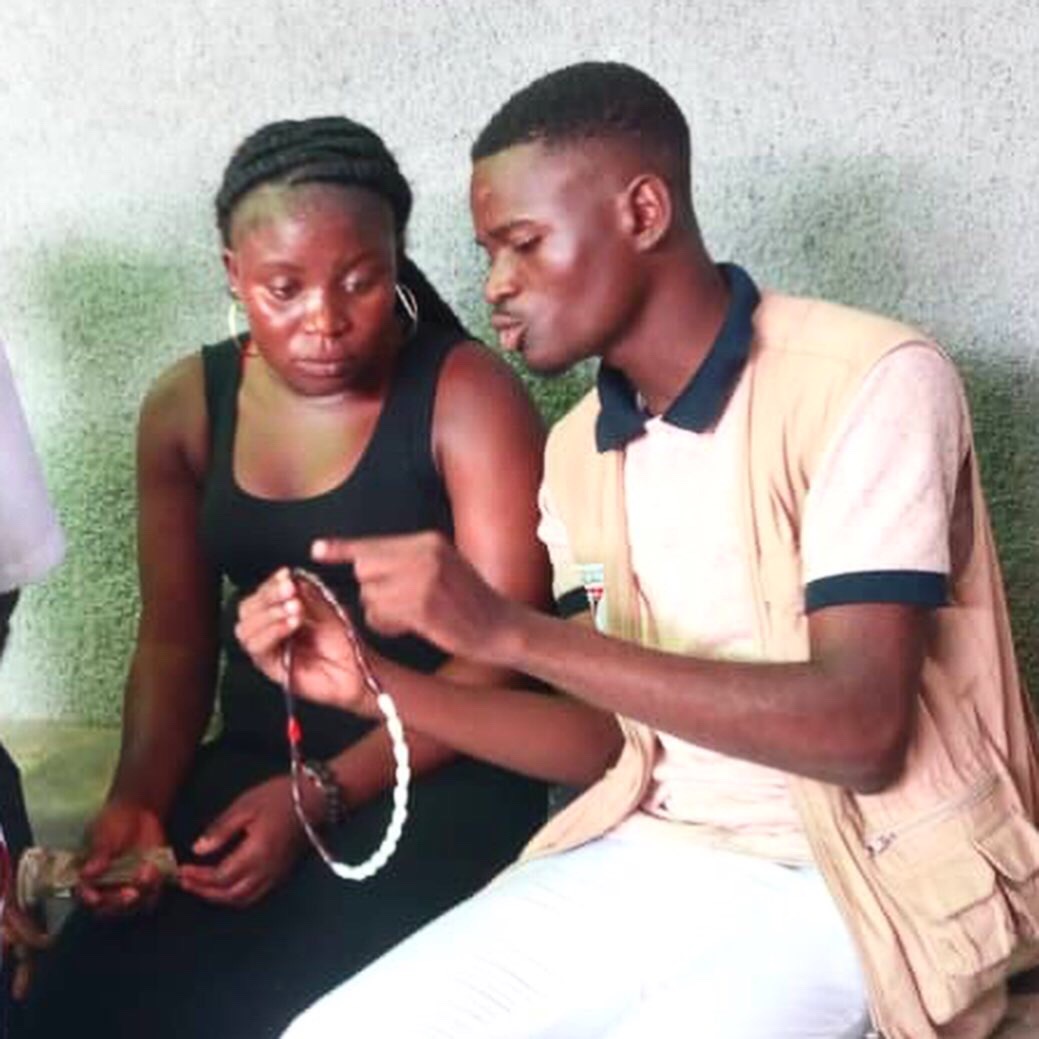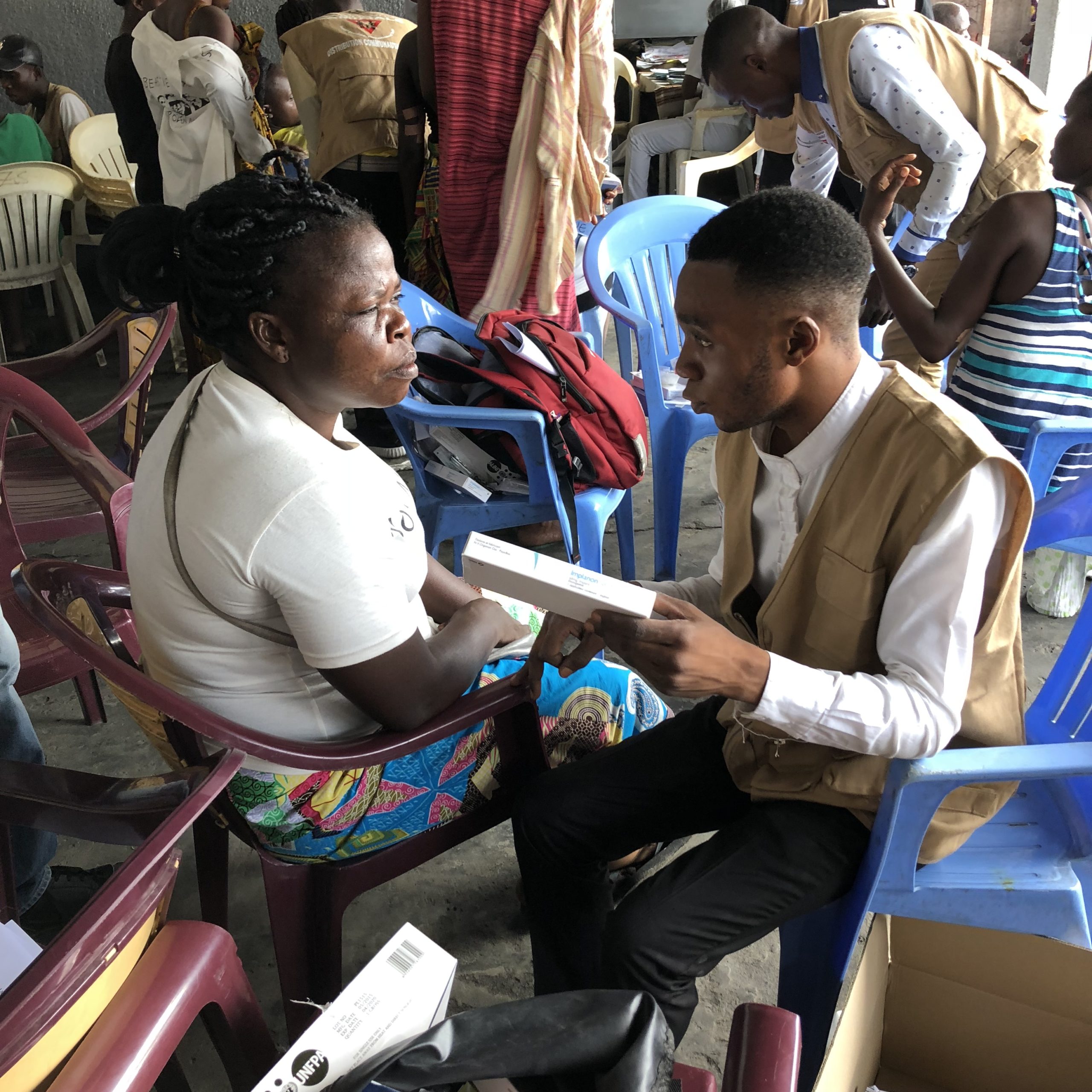PROMIS-PF
Dates: 2019-2022
Role: Prime Recipient and Technical Lead
Donors: Central African Forest Initiative (CAFI)/FONAREDD, with support from the Norwegian Government
PROMIS-PF is the French acronym for “Programme de mise à l’échelle de la planification familiale en RD Congo” or “Program to scale up family planning in the DRC.” The acronym itself translates to “the promise of family planning.” In the long-term,
OBJECTIVES
- Increase the quantity of contraceptive methods distributed to women and adolescents living in the 11 target provinces
- Contribute to the increase in modern contraceptive prevalence in the target provinces, and
- Generate 6.4 million couple-years of protection (CYP) during the first three-year phase of the project.
PROMIS-PF aims to contribute to slowing demographic growth consistent with the principles of the demographic dividend and contribute to sustainable development in the DRC. It will contribute to improving maternal-child health, reducing household poverty, and diminishing environmental pressure.
The team implementing the project includes three international NGOs: Tulane (serving as Technical Lead), DKT International, and Marie Stopes International. UNFPA is responsible for contraceptive procurement, and UNOPS will provide fiduciary oversight. The Project will work in collaboration with local and provincial government entities, including the PNSR, PNSA, D6 officials, and health zone authorities in the targeted provinces. Tulane will subcontract with the local NGO Action Santé Développement (ASD) for all training and campaign activities organized in our target provinces.
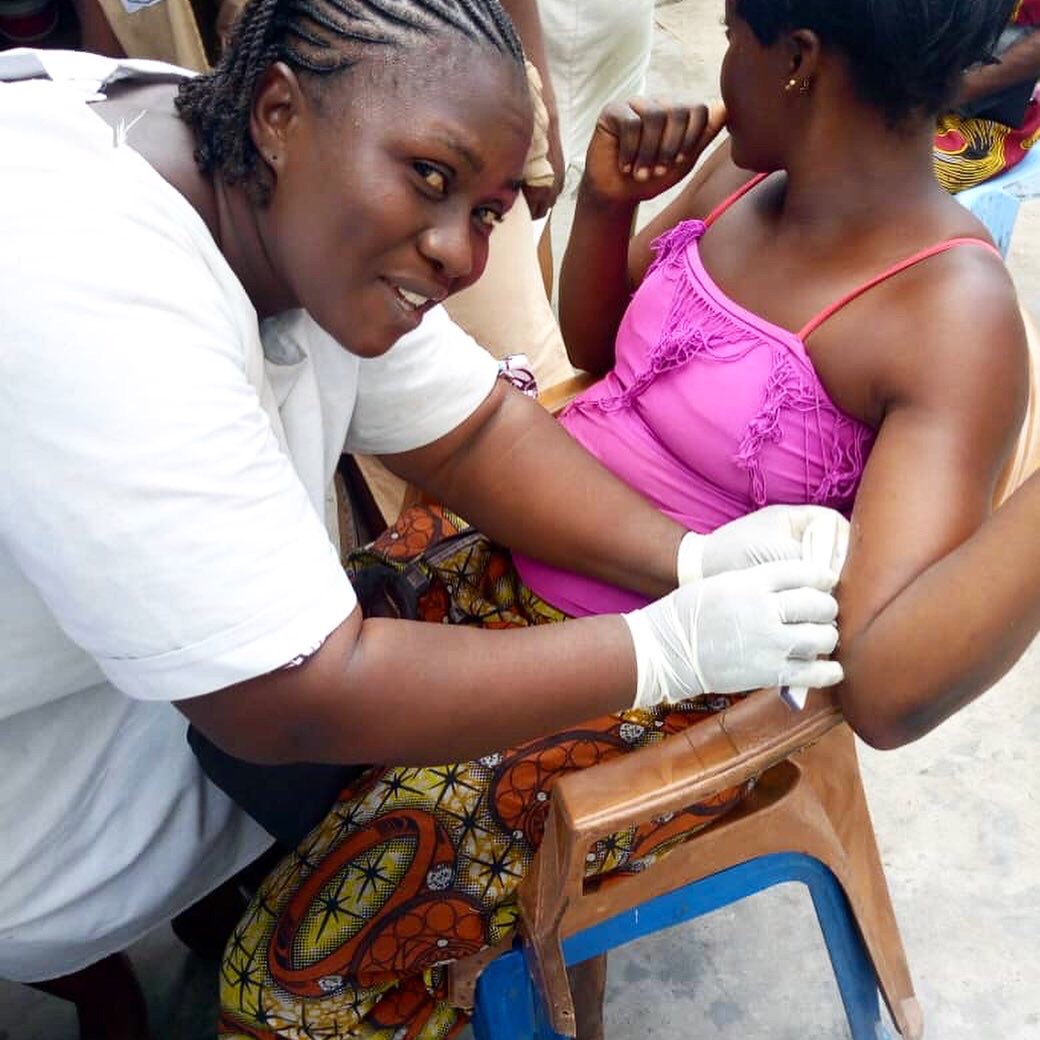
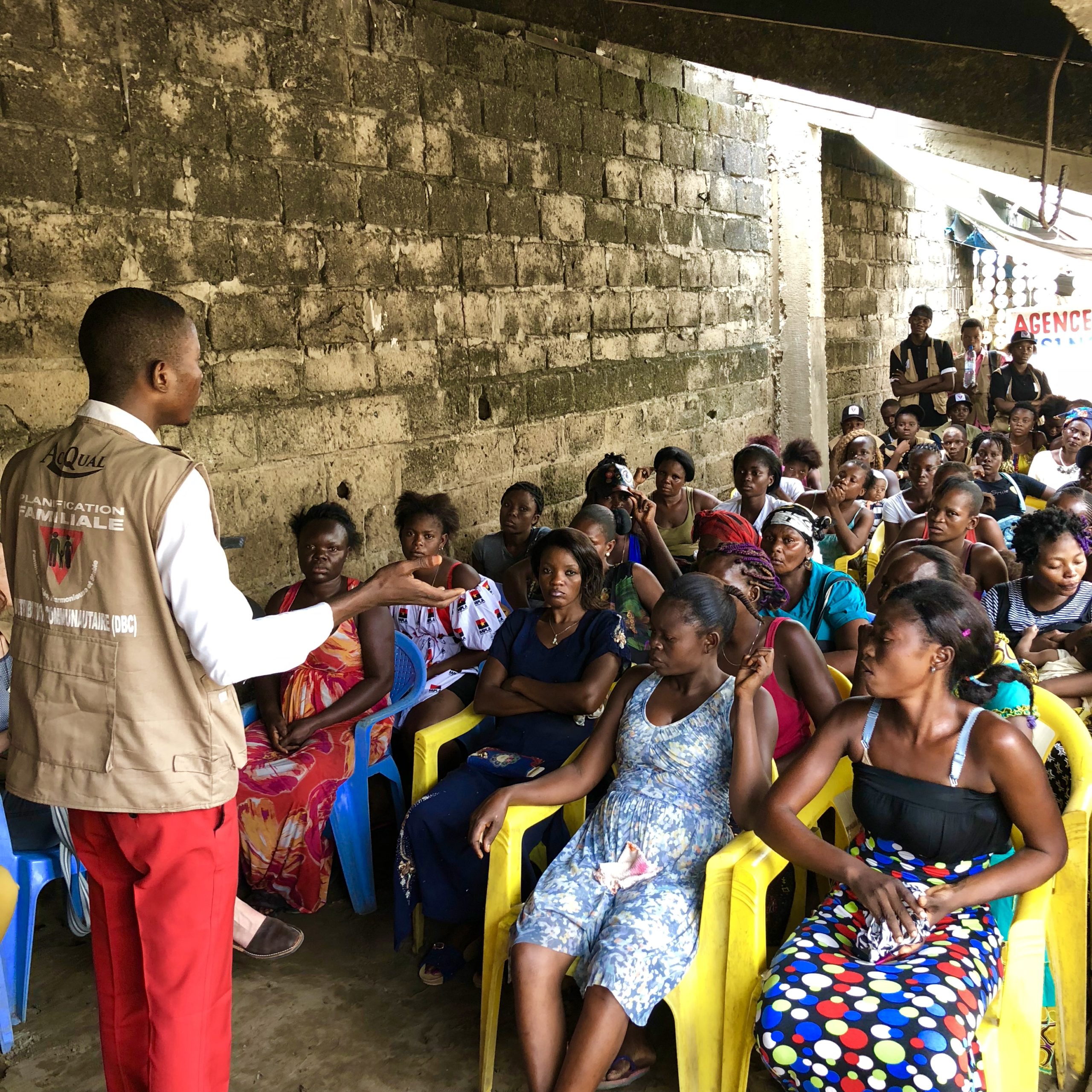
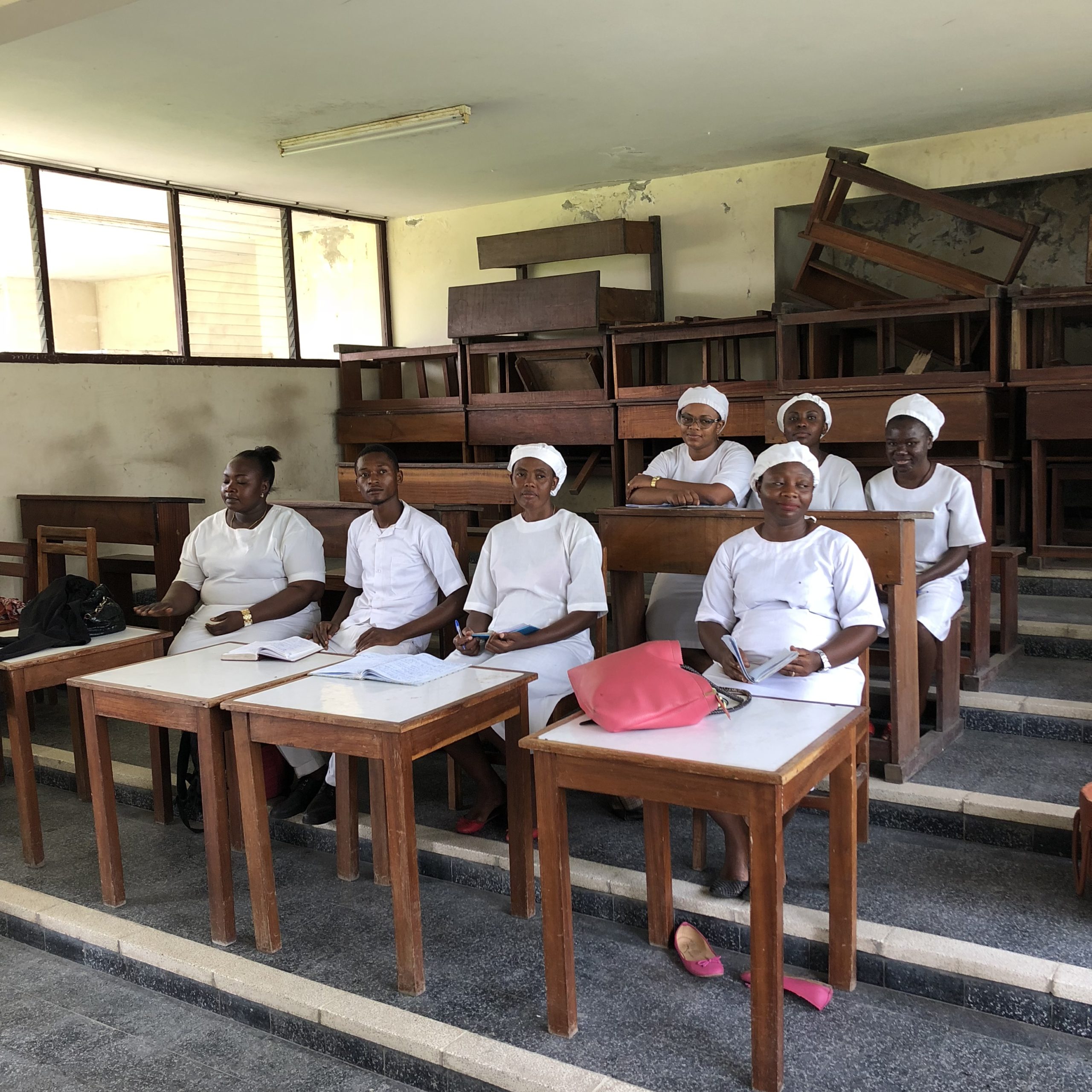
Each of the implementing organizations will use its own approach to community-level service delivery. Tulane will expand on the model of training D6 nursing students through local nursing schools to counsel in family planning and deliver contraceptives at the community level during outreach events or door-to-door. These students are trained to provide Implanon NXT, DMPA-SC, CycleBeads, pills, condoms, and emergency contraception. The project will also train personnel at fixed clinics in FP service delivery, to serve as reference facilities in targeted health zones.
Tulane is working to align its activities under this project with the MOH. Specifically, the PNSR and PNSA will participate in the training of trainers in Kinshasa and the provincial level. In addition, Tulane has trained local data managers at the school and health zone levels and is working with the D5 in charge of the National Health Information System to strengthen data quality and timeliness, and to integrate the nursing schools as
service delivery points in the DHIS2. Other activities in support of the national health programs include the construction of two new warehouses for the storage of contraceptives at the provincial level and support for the development of a National Communication Strategy for Family Planning.
The Central African Forest Initiative (CAFI) operates in several countries in the region on interventions designed to protect the vast forests of the DRC. In the DRC, it works through the local entity FONAREDD. CAFI identified demographic pressure as one of the main factors leading to forest degradation and has thus included improved access to family planning as one of its pilars. With support from the Norwegian government, CAFI has funded PROMIS-PF, one of the first projects in sub-Saharan Africa that directly links FP interventions with environmental preservation and sustainable development.
